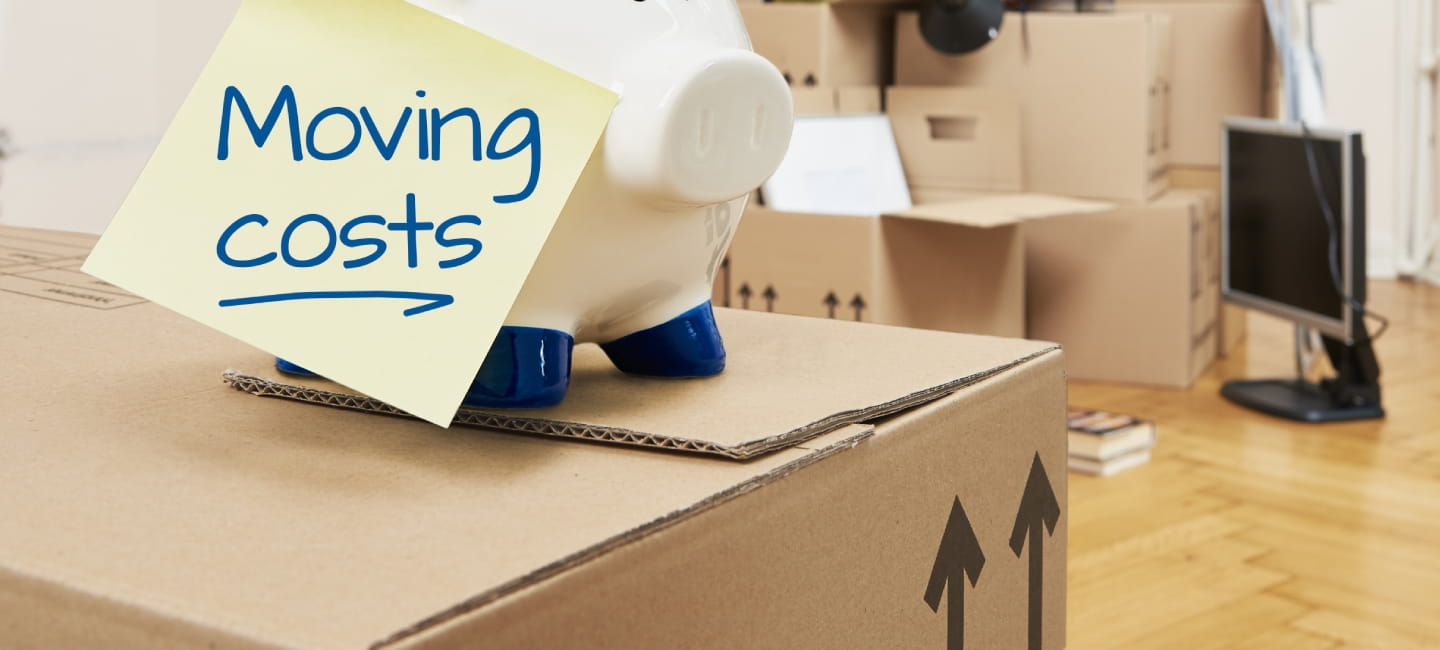This article is for general guidance only and is not financial or professional advice. Any links are for your own information, and do not constitute any form of recommendation by Saga. You should not solely rely on this information to make any decisions, and always obtain independent, professional advice for your own particular situation. All information in this article is correct at the time of publishing, but laws, entitlements, tax treatments and allowances may change in the future.
Are you thinking about downsizing? If your children have fled the nest and started families of their own, you might be tired of rattling around in a house that now feels too big. Freeing up some of the cash in your home could also give you more financial breathing space.
There are a number of reasons why you might think about moving to somewhere else - whether that's easier maintenance, reduced running costs or improving retirement finances.
“With huge inflation in the last few years, maintaining a larger home is more expensive than ever,” says Jonathan Rolande, property expert and Director of property company House Buy Fast.
“A larger home costs more to heat and carry out running repairs. Insurance is up, as is the cost of council tax - so it makes sense for many to look for a smaller property.”
However, before you can make the move, there are a number of other costs to think about that need to be considered - and there are a few to think about.
(For the purposes of this feature, we’re focusing on the costs of the move itself, not the changes in running costs that a smaller property might bring.)
If you’re thinking about downsizing, the mental arithmetic usually involves looking at how much equity you have in your current house, and subtracting the rough cost of buying somewhere new to see how much money you can unlock.
But there are many little extra fees that can quickly eat into that attractive figure.
David Hollingworth, Associate Director of Communications at London & Country Mortgages, says: “It makes sense to map out all the costs when considering downsizing as that will help you understand what you need to make the move and - importantly - what you may have left over from the sale of the bigger current property.
“That could help to fund lifestyle choices or, indeed, to produce an income in retirement.”
If you have any doubts, it can be worth speaking to an independent financial adviser. They can do the sums on your behalf and help you come to the right decision.
Property experts have long been campaigning for a cut in Stamp Duty for downsizers. But as it currently stands, it’s due on properties costing more than £250,000.
You’ll pay:
The average price of a semi-detached property stands at £280,024 according to Land Registry data. The Stamp Duty bill for a property of this value would come to £1,501.
The average price of a detached home, meanwhile, is £447,076 and would result in a bill of £9,853.
Of course, downsizers may look to the equity built up in their house to fund this – after all, figures from estate agent Hamptons show that homeowners who have owned their property for 20 years made an average of £100,000 on the sale of their home last year.
But it’s still worth calculating how much you’ll need to spend ahead of time to ensure there are no nasty surprises. If you’re looking to buy something of equivalent value to your equity (perhaps somewhere nearer to a city centre) then you’ll need to think how you might fund the Stamp Duty.
Estate agent fees are another potentially forgotten cost to budget for. Average fees sit around 1.42% plus VAT, according to HomeOwners Alliance. That means if you were selling the average detached house, worth £447,076, you’d pay £7,618 after VAT.
How much you pay can be influenced by the number of agents marketing your property and the type of service offered. Fees tend to be higher if you have a multi-agency contract that allows you to use several different agencies to sell your home. In this instance, you pay the fee to the agent that makes the sale.
Online estate agents can be cheaper as they often charge a fixed fee, or even no fee at all, so you’ll know exactly what to budget for.
But basic online packages can require you to conduct viewings and negotiate on offers yourself. This can add to the stress of moving and could result in accepting an offer that’s lower than you’d like if you find the process difficult.
Paying more for a service with all the extras means you could benefit from professionally-taken photographs, accurate floorplans and accompanied viewings. This could ultimately help you sell your home faster and at the price you need.
Conveyancing fees cover the legal and administrative work involved when transferring property. This includes the necessary searches to ensure there’s no flooding risk or plans to build a new housing development in your back garden.
Conveyancing fees need to be paid upfront, usually at the end of the transaction and apply to both buying and selling a property. The average cost of conveyancing services is £2,038, according to comparison site reallymoving.com.
You’ll also very likely want to pay for a survey on the new property, to avoid any hidden issues. If you’re buying a new-build home, you might only need a basic Level 1 survey to check the property’s condition. Research from HomeOwners Alliance shows this costs between £300 and £900.
However, most standard properties will need a more detailed Level 2 survey, which costs between £400 and £1,000. If you’re buying an older or unusual property, expect to pay around £630 to £1,500 for a Level 3 full structural survey.
Many people might have paid off their mortgage and be looking to downsize to free up money. However, others might still have a mortgage to pay off, and there are a few options to consider, as Charlotte Grimshaw, head of mortgages at Suffolk Building Society, explains: “The first option is to transfer your existing mortgage to the new property. This is known as ‘porting’.
"The second option is to choose a new mortgage from a new lender. If you do this, you’ll need to factor in any applicable fees and potentially an early repayment charge if you need to get out of your current mortgage deal early.”
Mortgage arrangement fees can be over £2,000, while early repayment charges are typically 1% to 5% of the value of the early repayment, according to MoneyHelper.
If you’re lucky, you might end up with no mortgage at all. “Another option is to downsize to the extent that you no longer need to borrow any money and therefore you become mortgage-free. The holy grail for many,” says Grimshaw.
One of the most tedious parts of moving is the shifting everything from one place to another. Getting a removal firm to do the hard work for you can take away a lot of the stress and strain but comes at a cost.
Figures from Zoopla show the average removal cost for a three-bedroom home is £800, based on a moving distance of 15 miles. But you’ll likely pay more if you have a larger home or you’re moving a further distance. Fees will also be higher if you want a full packing and unpacking service.
To reduce costs, Jeremy Karpel, Director at TK International estate agents, suggests: “Shop around for good removal firms as there could be a vast difference in quotes. Always use a recognised company that has a good reputation and has been recommended to you.”
Also see if there’s some flexibility on the moving date. Moving midweek in term time can be cheaper than moving on a Friday or weekend in the middle of the school holidays. Decluttering before the move will also ensure you’re not paying to pack items you don’t need.
You may need to give your old property a full clean, depending on the agreement you reach with the buyers. This can run to a few hundred pounds, so it’s important to be aware of the potential cost.
If you’re moving to a property you might want to spend your later years in, it’s worth giving some thought to accessibility options.
“Are there stairs that may cause an issue later, or steps up to the front door?,” asks Rolande. “If there is outside space, is it manageable? Could the bathroom be adapted if bathing becomes difficult one day?”
If you need to adapt the property in any way, consider whether this is something you’ll do when you move in and how much this will add to your moving costs. Or, whether you’ll need to set aside funds to cover the cost at a later date.




.jpg?la=en&h=354&w=616&hash=1254A3F816E81965A47EA68E3AEC9F7A)



Learn how much pension you need & get tips to boost your savings if you're short.

Boost your bank balance by claiming back everything you’re entitled to
